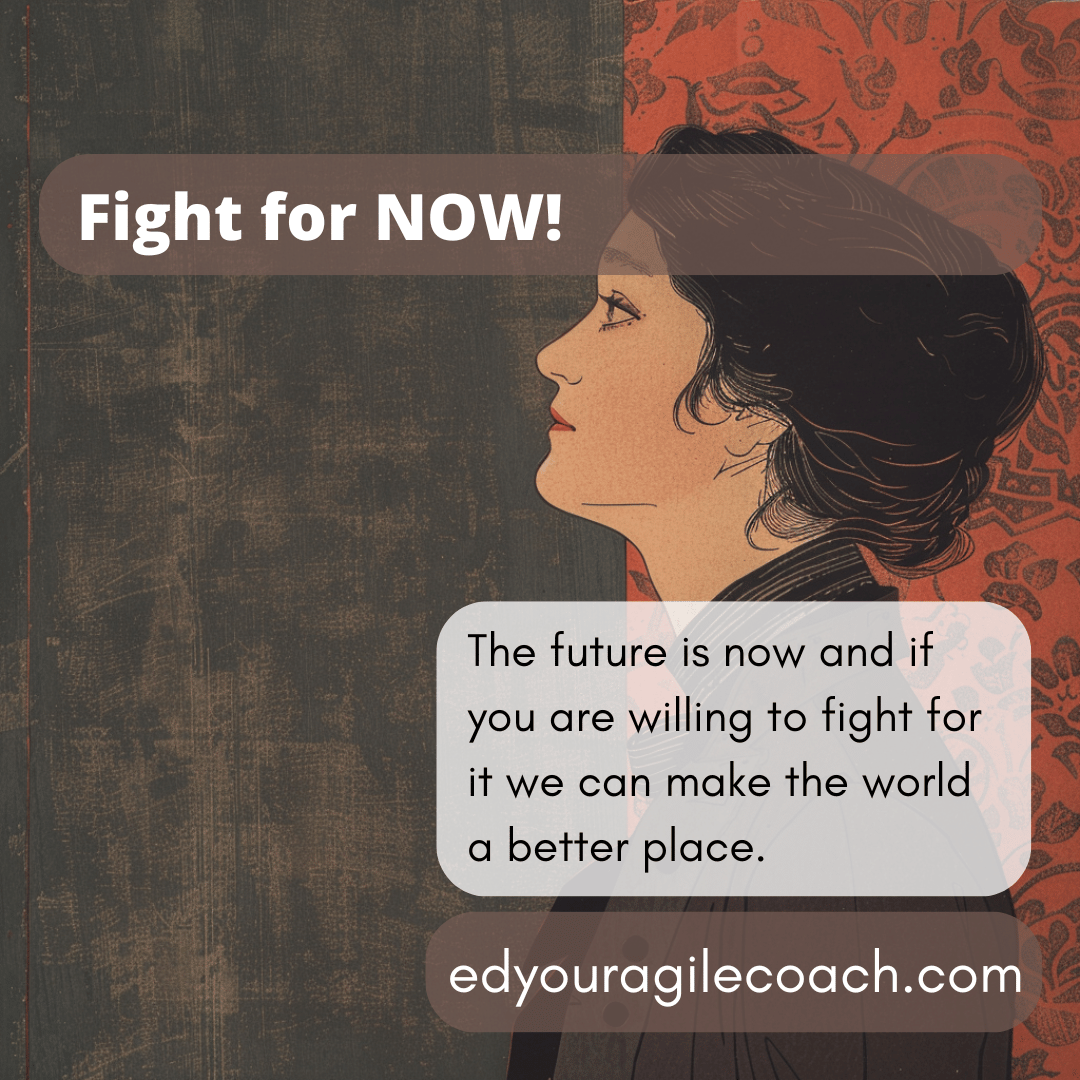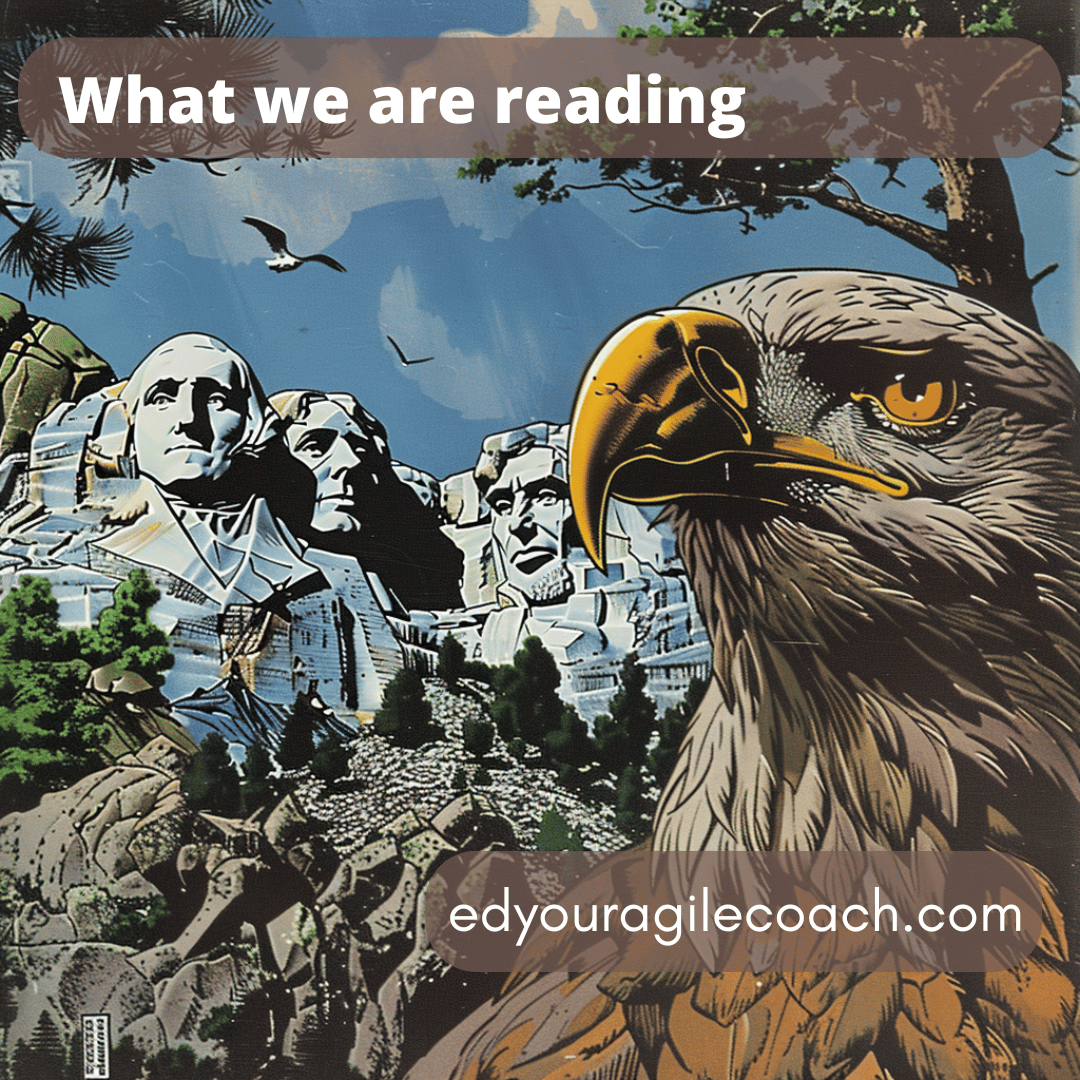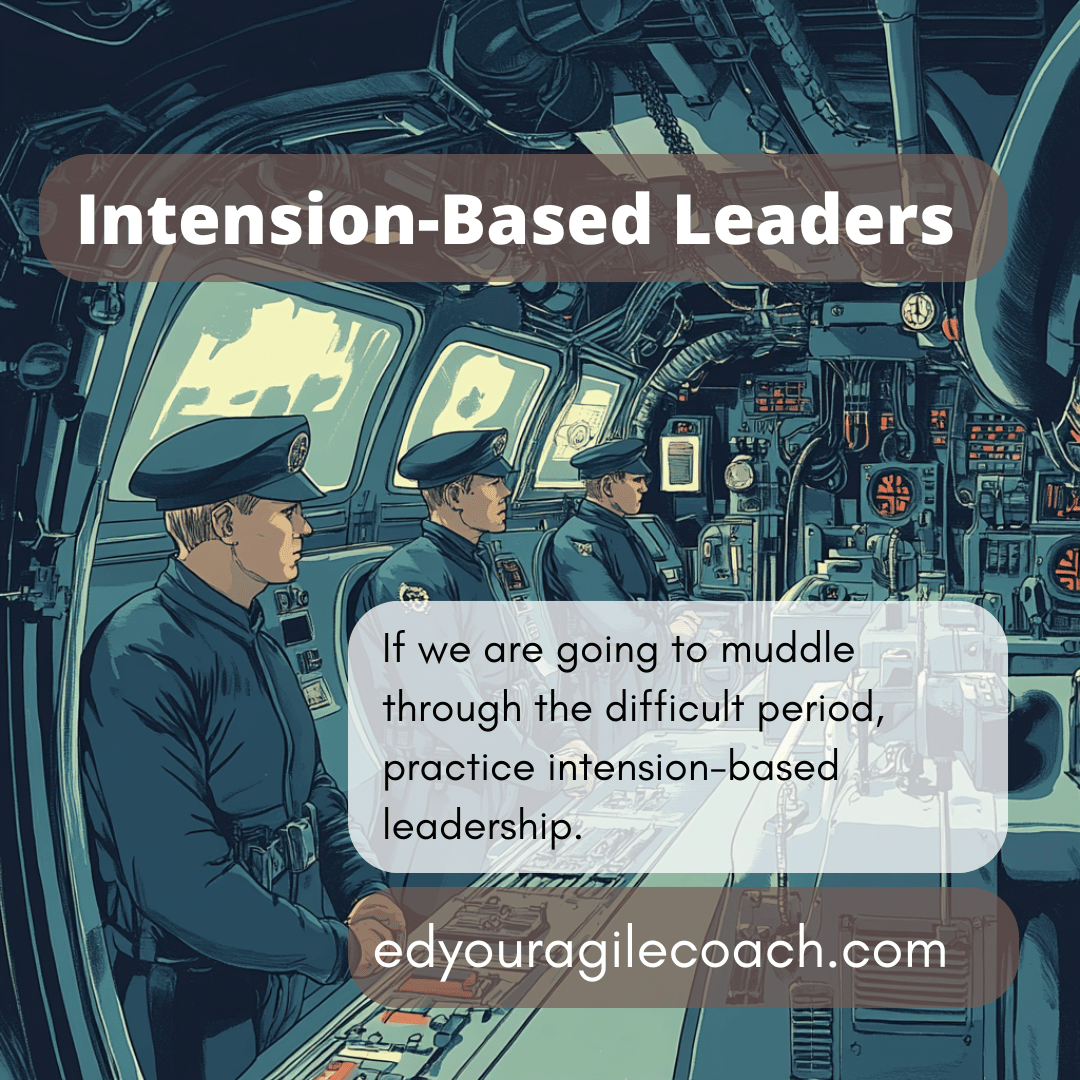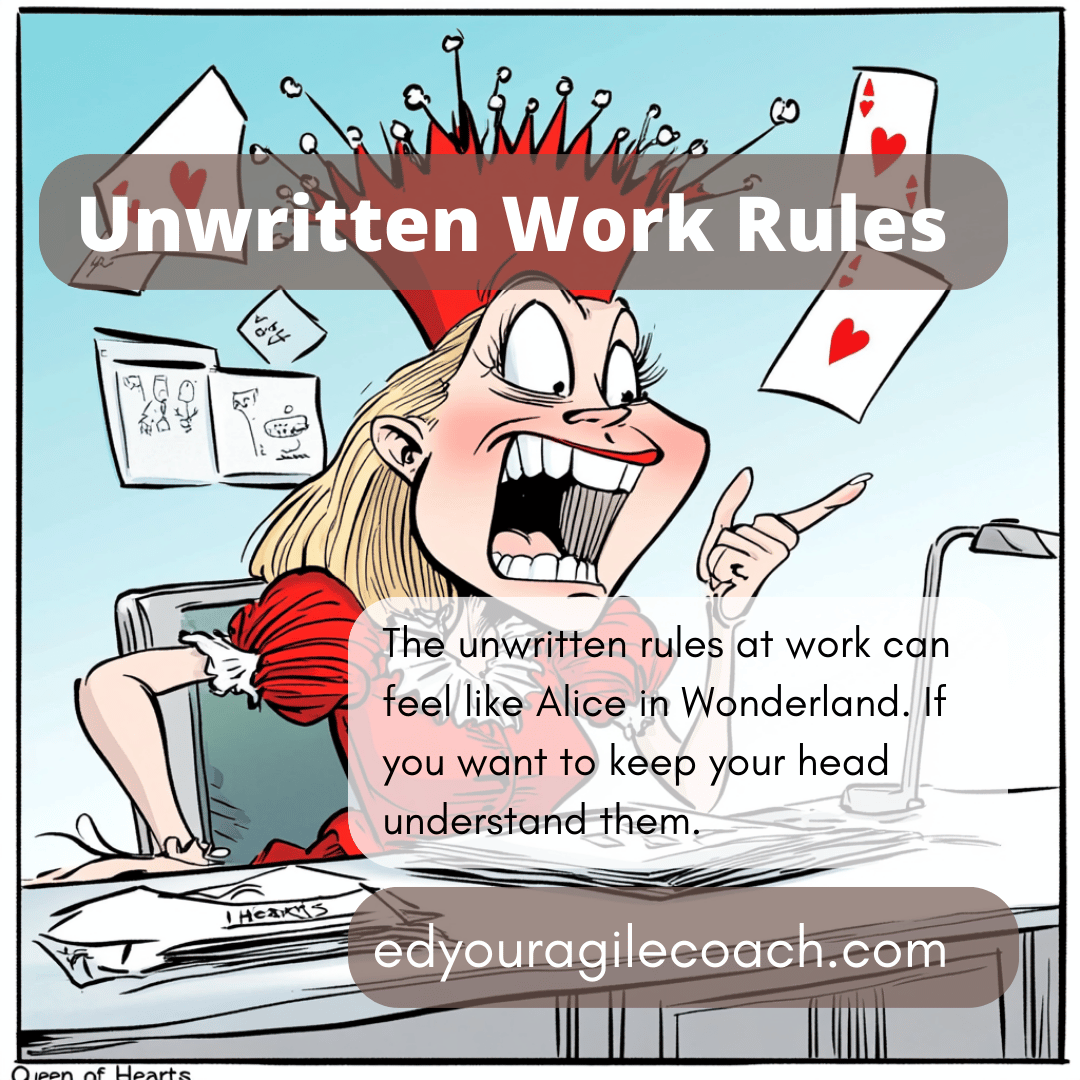The Future is NOW!

It is easy to be a pessimist. The current political environment in the United States and Great Britain is in a fatalistic state of flux. The career market's deep anxiety permeates the culture, and the planet is trembling under the pressures of eight billion people. These and countless other forces constrict our optimism and lead to a feeling of loss and hopelessness. I struggle with these emotions myself. The ease with which we can collapse into pessimism and doubt is an urge we must resist, especially in these uncertain times, and I have to discuss it.
For the past six months, I've been navigating the strange twists and turns of the professional job market. I was laid off in December and worked a short-term contract to make ends meet. Now, I am starting over. It feels like humiliation. Moments like this encourage feelings of powerlessness and pessimism. As a writer, I tend to get existential, further reinforcing my pessimism. Fortunately, I have people who force me out of this spiral of glum resignation.
My romantic partner taught Girl Scouts how to start a fire and enjoy nature. Being supportive, I tagged along and enjoyed young people learning new skills. When I am old enough to retire, those young people will be working age. The realization gave me a glimmer of optimism. If I can train and help this younger generation practice Radical Candor, Servant Leadership, and Intensional Leadership, I will leave a legacy for others to respect. Moments like this leave me less pessimistic and allow me to tune out the noise surrounding me.
The philosopher Mark Fisher is a popular figure on the internet right now. His books "Capitalist Realism" and "Ghosts of My Life" paint an accurate and bleak portrait of our current time. It is not surprising that Fisher struggled with depression and took his own life in 2017. He lamented our inability to imagine a future different from our present day. Fisher's writing was angry and pointed out how the forces of commerce distorted our status quo with a gray sheen of efficiency. According to Fisher, today's monotony in culture and society has '…killed the future,' forcing us to look to the past for inspiration.
I find it hard to argue against Fisher and his observations. He points out how popular music has become redundant over the last thirty years. To younger people, I am sure it sounds like older people are nostalgic, but compare Earth, Wind, and Fire in their 1979 heyday to contemporary Lizzo records, and it is easy to make the comparison. I have an even better illustration with the music video from Pamplemoose at the bottom of the blog, which mashes up Lizzo with Bill Withers. Fisher is pointing out to anyone who will listen that, from a cultural perspective, everything feels remixed, recycled, and mashed up. Something genuinely new has not happened in recent memory.
The situation looks just as bleak in business as business leaders are afraid to do anything that might upset shareholders or jeopardize profits. Instead, they are obsessed with the brand or profits. The brand is the public perception of the goods and services they provide, while profits are the money generated by those goods and services. It works for a while, but eventually, something will force them to change or innovate.
Innovation keeps organizations growing and providing value to customers. Organizations that refuse to innovate, like General Electric or Boeing, begin to stagnate and wither. The quirky spirit of change and innovation must poke through; otherwise, the future will look more beige and sad. That's why I'm actively involved in the Agile movement –I envision a superior working method. Work can provide people with wealth, dignity, and purpose if we want it.
The future is not dead; it is now. We cannot look to the past to assign blame, but we must look to the present and take responsibility. Artificial intelligence is not magic; it is hard work that requires specialized expertise. We have fought and overcome numerous challenges in technology and commerce, and we can do it again. The future is not dead; instead, we are living within it. The time is now to create healthy Artificial intelligence systems, to help fight climate change, to make work more fulfilling, and to make the world a better place.
I refuse to accept pessimism. Humanity will perseve. Do we want to receive the other choice?
Until next time.
What is old is new again.




Comments ()